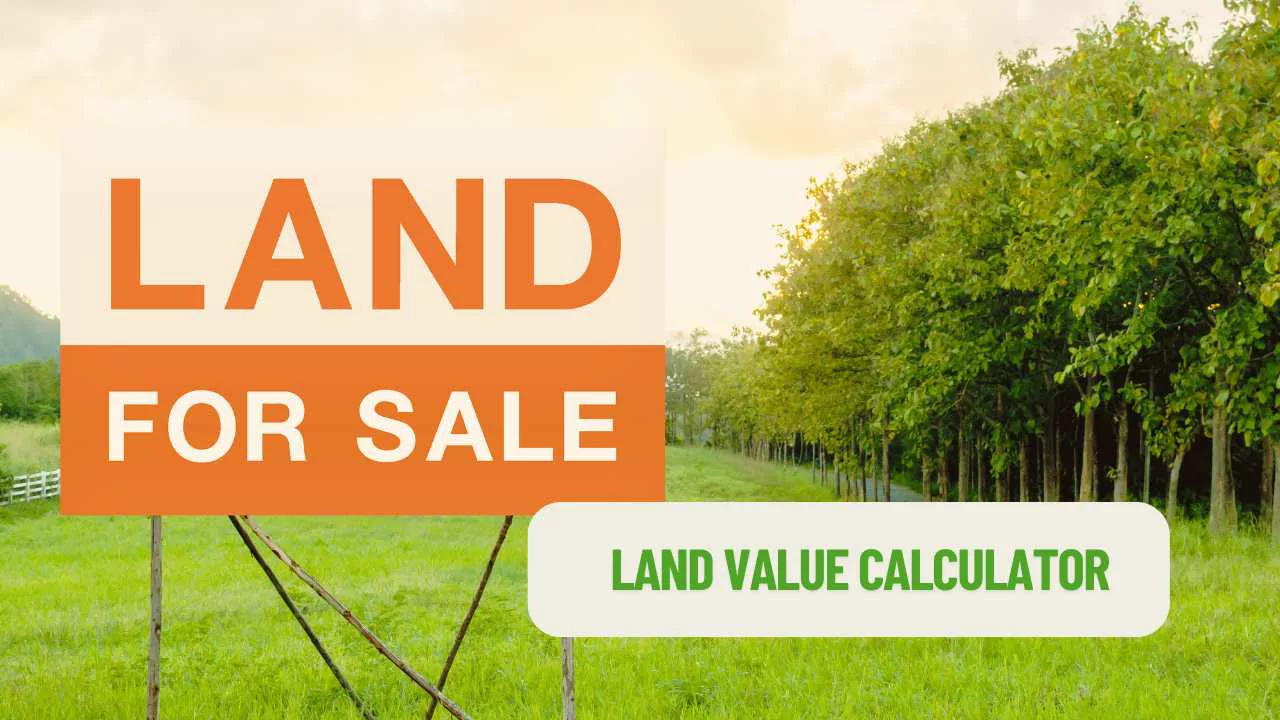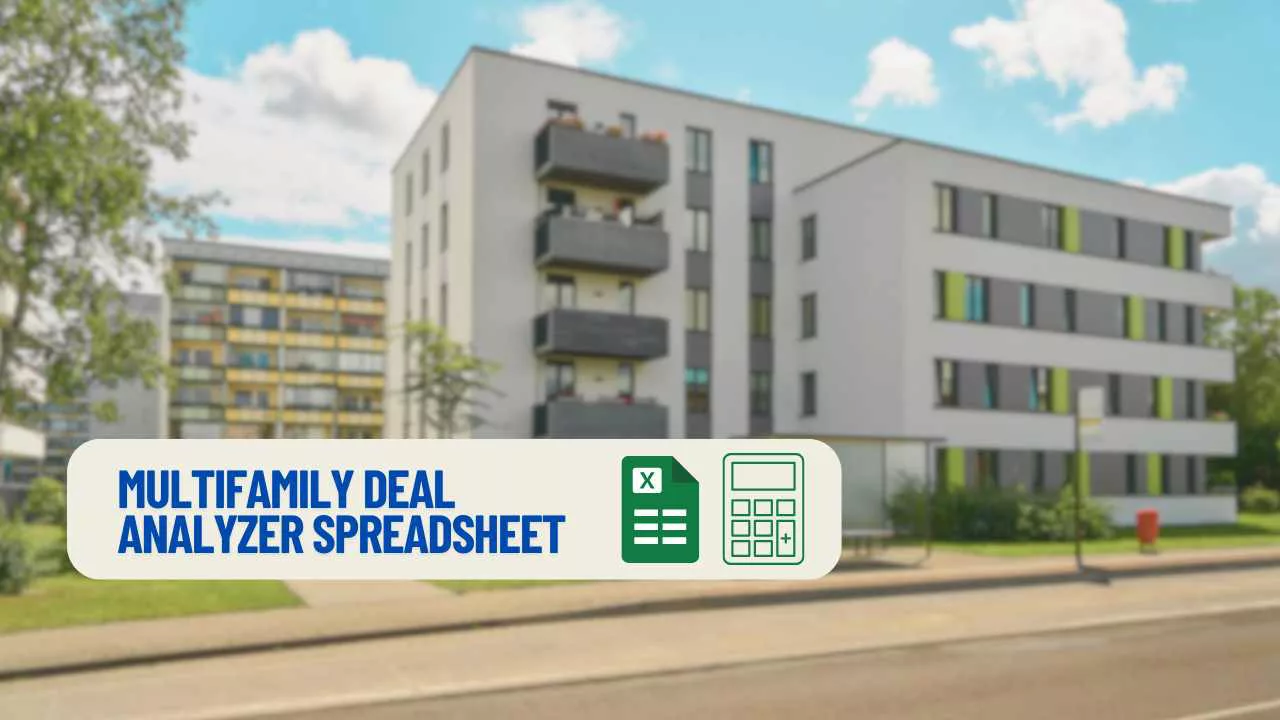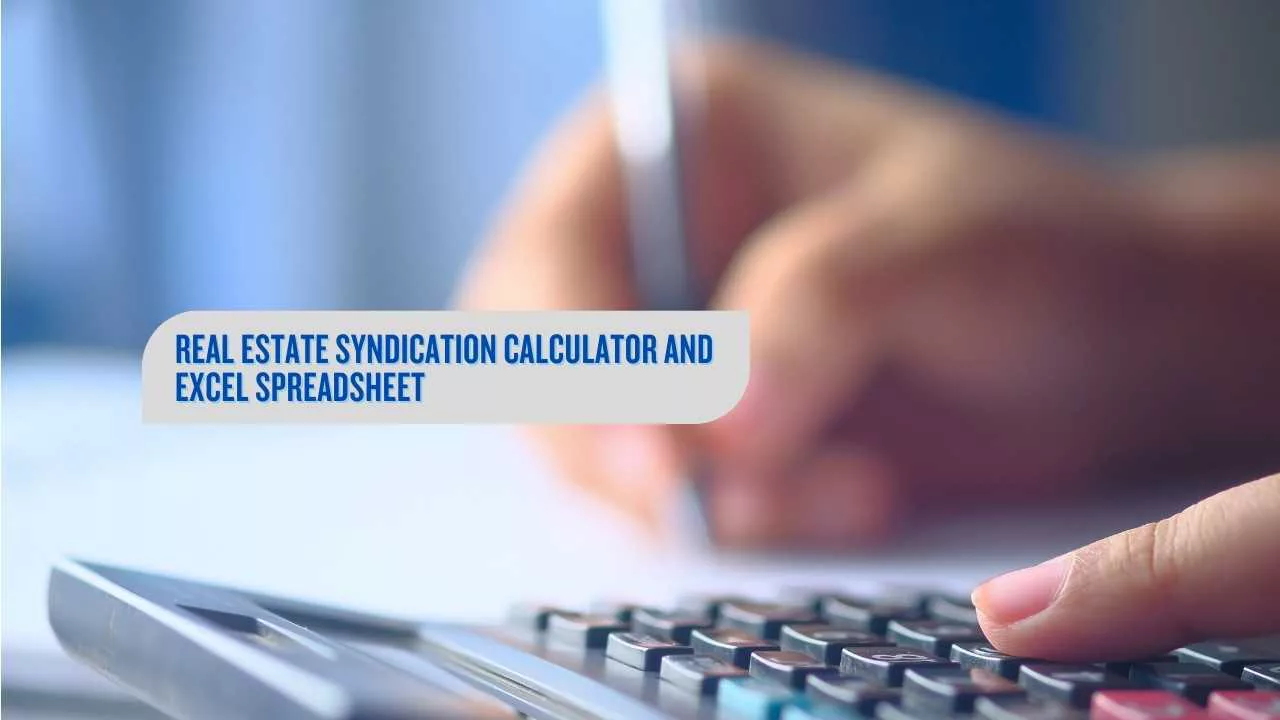Land Value Estimator
Professional Market Analysis Tool
1. Subject Property Details ?
2. Comparable Sales (Comps)
Add at least 1 recent sale of similar land nearby.
3. Risk Factors & Adjustments ?
This is for informational purposes only. Please do not use this as a replacement for official financial advice from a local expert.
Why Accurate Land Valuation Matters in Real Estate
Accurately estimating value for vacant land is one of the most ignored yet crucial skills in real estate. It is right up there with recognizing that a “future luxury subdivision” sometimes means a mud pit currently inhabited by geese. You might be selling a half-acre lot, pricing a busy commercial corner, or talking a client through a property tax appeal; a reliable land appraisal estimate tool exists to give you a fast, smart, reality-based estimate instead of a heroic guess dressed up in spreadsheet formatting.
I’ve worked with brokers, investors, and landowners of every flavor, you can learn more about Joe Stephenson, REALTOR® and how I value land and income property to see my approach. I share free tools like this calculator so you can compare parcels, pressure-test prices, and develop solid real estate investment strategies. Here, you’ll see what actually drives land value, a real example with actual numbers instead of vibes, and practical resources you can start using today.
What Is a Land Value Calculator?
A land value calculator is a digital tool, often available as a free land value estimator on real estate websites, that helps professionals estimate market worth quickly. These tools typically function as a price per acre calculator using recent sales and public records to provide a baseline figure.
You can find this tool plus all our online real estate calculators here on the site. Some advanced versions integrate with market analysis platforms, allowing you to adjust for zoning, topography, and road access. Maybe you’re analyzing hunting land or commercial parcels, having the ability to generate a fast and accurate estimate is invaluable.
The Factors that Impact Land Value
If you are valuing improved property, you would look at how to determine the value of a house, but determining actual land value requires a different set of data.
How to Use a Land Value Calculator (Step by Step)
Here’s how brokers and landowners can use a land cost estimation formula to get the most accurate assessment.
Data You Need Before You Start
- Property address or legal description
- Actual county sales data for comparables
- Lot size (acreage or square foot)
- Zoning classification
- Access details (road frontage, easements)
- Utility availability & Flood zone status
Running the Calculation: Example
A broker uses a raw land valuation method to evaluate a 10-acre agricultural parcel.
- Acreage: 10 acres
- Comp Sale Price/Acre: $25,000
- Adjustments: None
Estimated Value = $250,000
Manual Appraisal vs. Online Calculators
| Approach | Pros | Cons |
|---|---|---|
| Manual Appraisal | Custom, nuanced; adjusts for unique home facts and development plans | Time-consuming, higher cost |
| Online Calculator | Functions as a fast lot value estimator; great for quick price checks | May miss nonstandard factors; not always property-specific |
For homeowners, start with how much your home is worth in Johnson County KS right now and then compare the land component using a vacant land price tool. For complex parcels, a manual approach remains best practice.
Integrating Calculator Outputs into Your Workflow
Top-performing real estate professionals don’t just use calculators in isolation. Integrate estimates into the following.
- Investment Analysis: Export your land value and plug it into a rental property analysis spreadsheet if you’re planning to build and hold.
- Development: For multifamily development scenarios, pair this with our multifamily deal analyzer spreadsheet.
- Tax Assessment: You can also use our property tax proration calculator when reviewing how property tax land valuation and tax bills line up at closing.
B2B Use Cases: Brokers, Investors & Consultants
- Brokers: Use calculators to generate quick estimates. For commercial sites, pair this calculator with a commercial real estate due diligence checklist.
- Investors: If you’re evaluating land as part of a larger portfolio, start with how to invest in Kansas City real estate. You may also need to calculate residual land value for development projects.
- Consultants: Provide third-party assessments using residual land valuation techniques for estate planning, litigation, or acquisition.
Case in point: One investor used a value estimator integrated with real estate websites and public data feeds to price out agricultural land across three counties, identifying undervalued acreage and achieving a higher ROI at sale.
Downloadable Land Value Calculator Tools
- To see how today’s land value might grow over time, plug your numbers into our future value calculator spreadsheet.
- For distressed or tax-sale properties, understanding total property value is essential, see our Jackson County property tax sale guide for a real-world angle.
- Recent Land Value Database
Tip: Using an acreage worth calculator helps, but always log your assumptions and adjustments for every calculation to defend your figures.
FAQs on Land Value Calculators
Next Steps & Professional Consultation
Ready to get a better estimate of your land’s value in today’s market? If you need a professional land or listing valuation, explore our listing agent services in the Kansas City metro area.
Get Your Free CalculatorResource > Commercial property analysis
About the Author

Joseph E. Stephenson, REALTOR®
License #00054082 | Kansas & Missouri
Affiliated with Welch & Company (License #CO00000477)
Joseph E. Stephenson is a licensed real estate professional in Kansas and Missouri with a career built on dedication to integrity and client-focused service. To learn more about how Joseph can assist you in your real estate endeavors, visit his REALTOR® profile at realtor.com.
Verify Joe’s Real Estate License Credentials
Real Estate Agent License VerificationVerify Joe’s Business Credentials
Joseph E. Stephenson also operates a business named Stephenson Residential, LLC. You can verify the business at the Kansas Secretary of State’s website.
Verify Business Credentials




